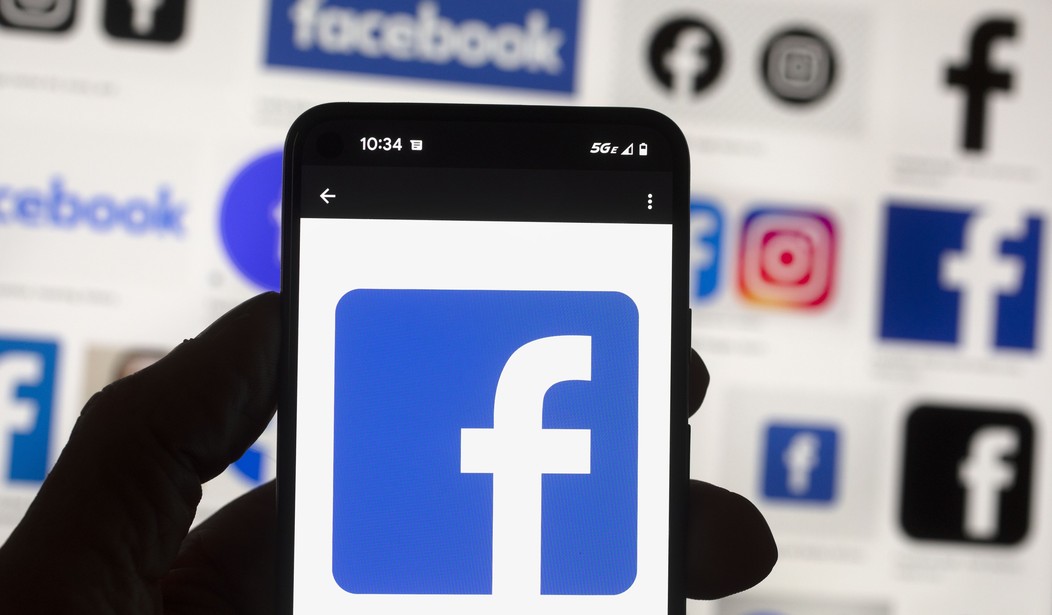The United Nations’ false and idiotic distinction between hate speech and free speech provides an insight into what leftists mean when they talk about rights and why they see no contradiction when they violate those rights.
Leftists, being essentially Marxist, are perfectly happy to hold and proclaim rationally contradictory beliefs. But in their own warped way, they try to justify and explain away the contradiction. It’s the same dichotomy as America’s Founding documents versus the French Revolution’s—the words are the same (like “rights” and “liberty”), but the definitions behind the words are radically different. Often, the meaning—and the menace—is all in the definition.
For example, the United Nations states, “The need to preserve freedom of expression from censorship by States or private corporations’ is often invoked to counter efforts to regulate hateful expression, in particular online.” This is true, and it is also a correct argument. One of the main issues is that what people find hateful is highly subjective. There isn’t a statement in the world that someone wouldn’t find irritating or objectionable—even tautologies like, "A man cannot be a woman." But that doesn’t bother the UN. Obviously, hate speech is whatever they the enlightened elites dislike, and hate speech is not free speech. That’s how they justify the censorship while professing to uphold free speech — by changing the definition.
From the jihadi-employing UN:
Freedom of opinion and expression are, indeed, cornerstones of human rights and pillars of free and democratic societies. These freedoms support other fundamental rights, such as to peaceful assembly, to participate in public affairs, and to freedom of religion. It is undeniable that digital media, including social media, have bolstered the right to seek, receive and impart information and ideas. Therefore, legislative efforts to regulate free expression unsurprisingly raise concerns that attempts to curb hate speech may silence dissent and opposition.
And fear not, for the UN will tell you also how to “counter hate speech.” First, there is the pablum about supporting “more positive speech” and respecting “freedom of expression as the norm.” But immediately the UN introduces an arbitrary exception, totally at variance with the US First Amendment: “any restrictions must be an exception and seek to prevent harm and ensure equality or the public participation of all.”
And we know in reality the UN, like Big Tech, doesn’t want censorship to be rare, any more than they want abortion to be rare. It’s a lie. But mostly this is self-promotion:
Alongside the relevant international human rights law provisions, the UN Rabat Plan of Action provides key guidance to States on the difference between freedom of expression and “incitement” (to discrimination, hostility and violence), which is prohibited under criminal law. Determining when the potential of harm is high enough to justify prohibiting speech is still the subject of much debate. But States can also use alternative tools – such as education and promoting counter-messages – to address the whole spectrum of hateful expression, both on and offline.
The “whole spectrum.” So much for rare exceptions. You are free to speak, unless you speak what oligarchs do not wish for you to speak. And therefore, in reality, you are not free to speak at all, for all their fine sounding words.










